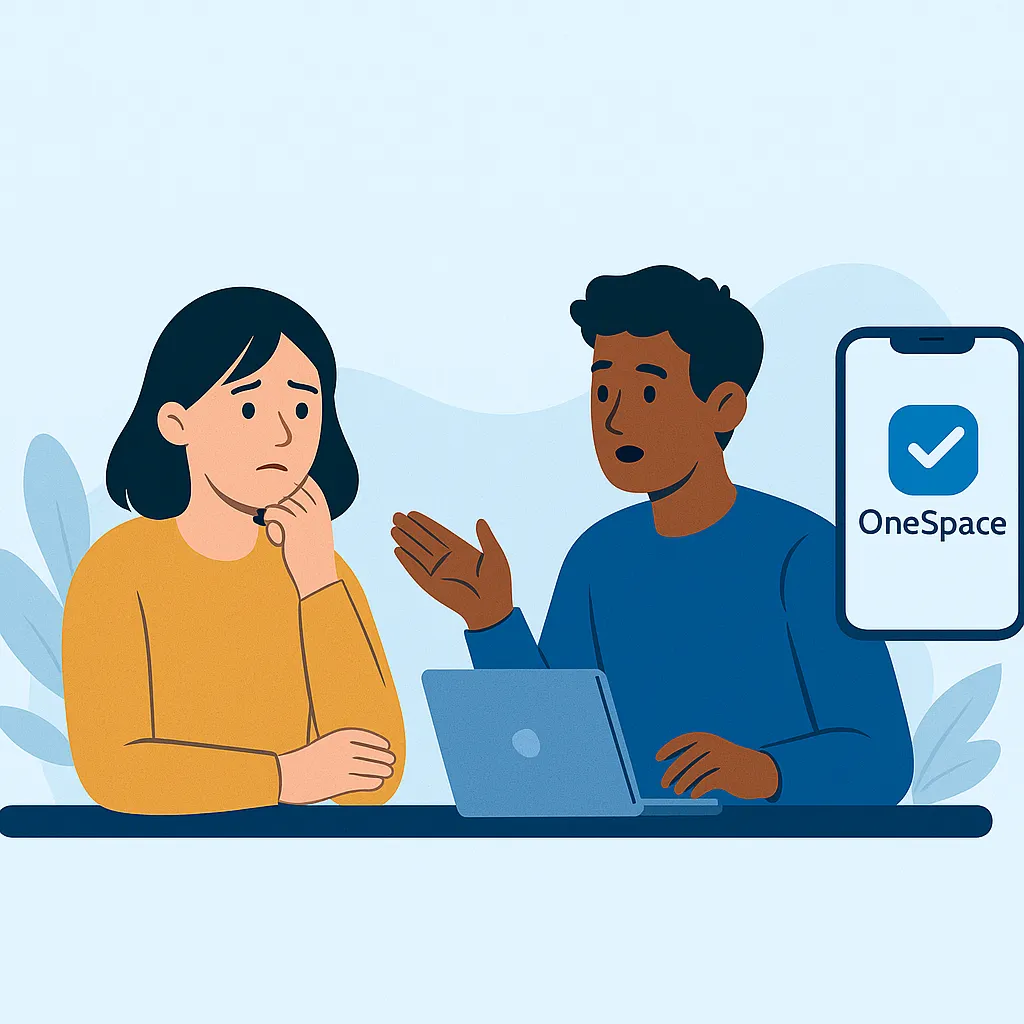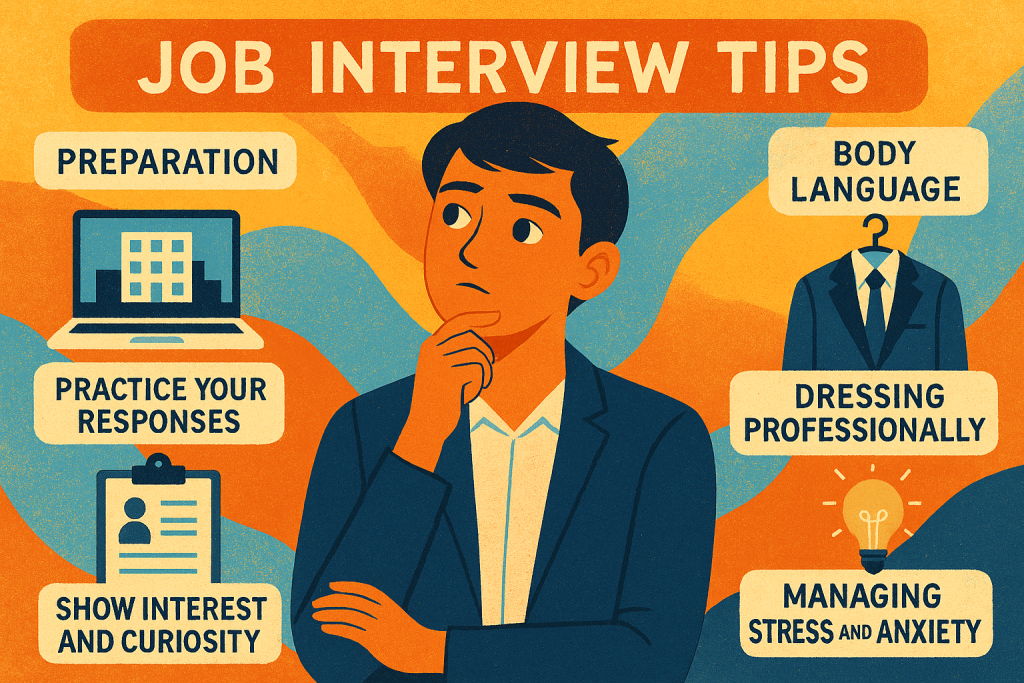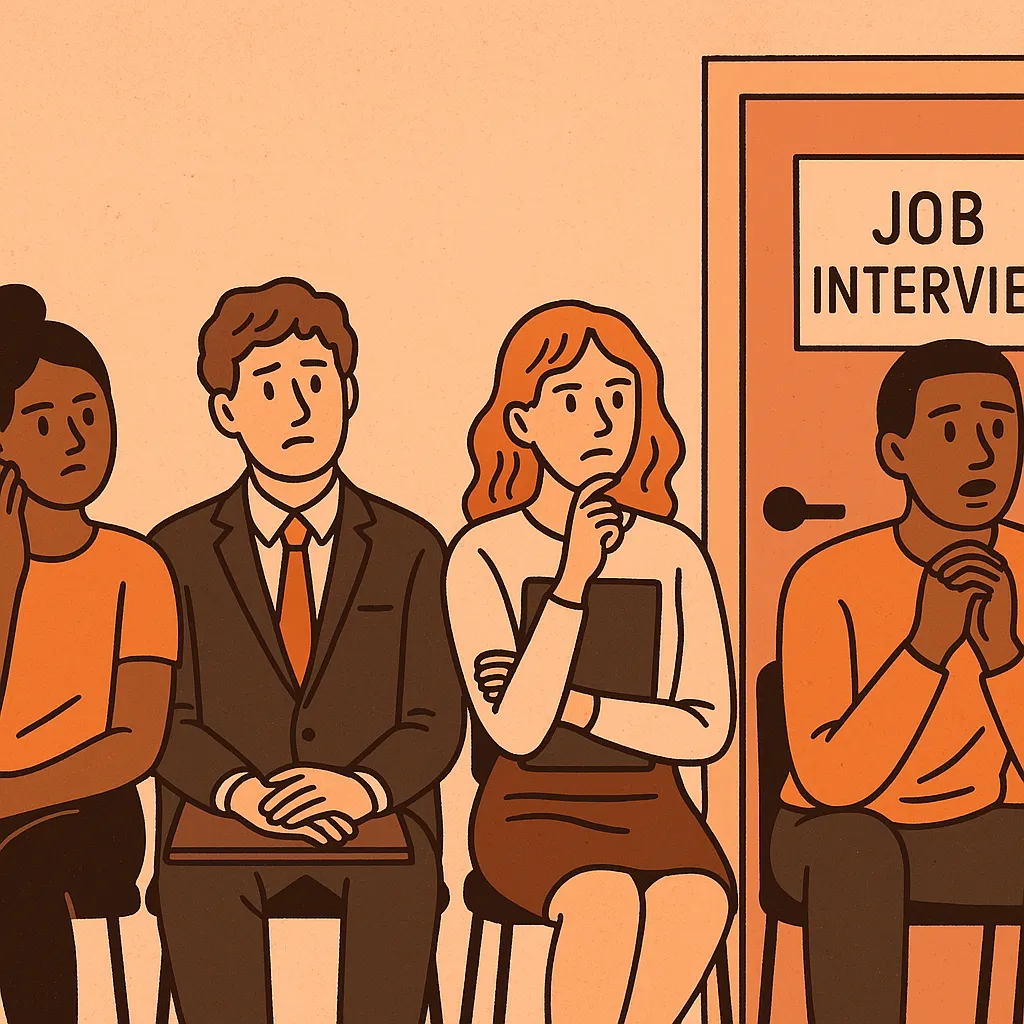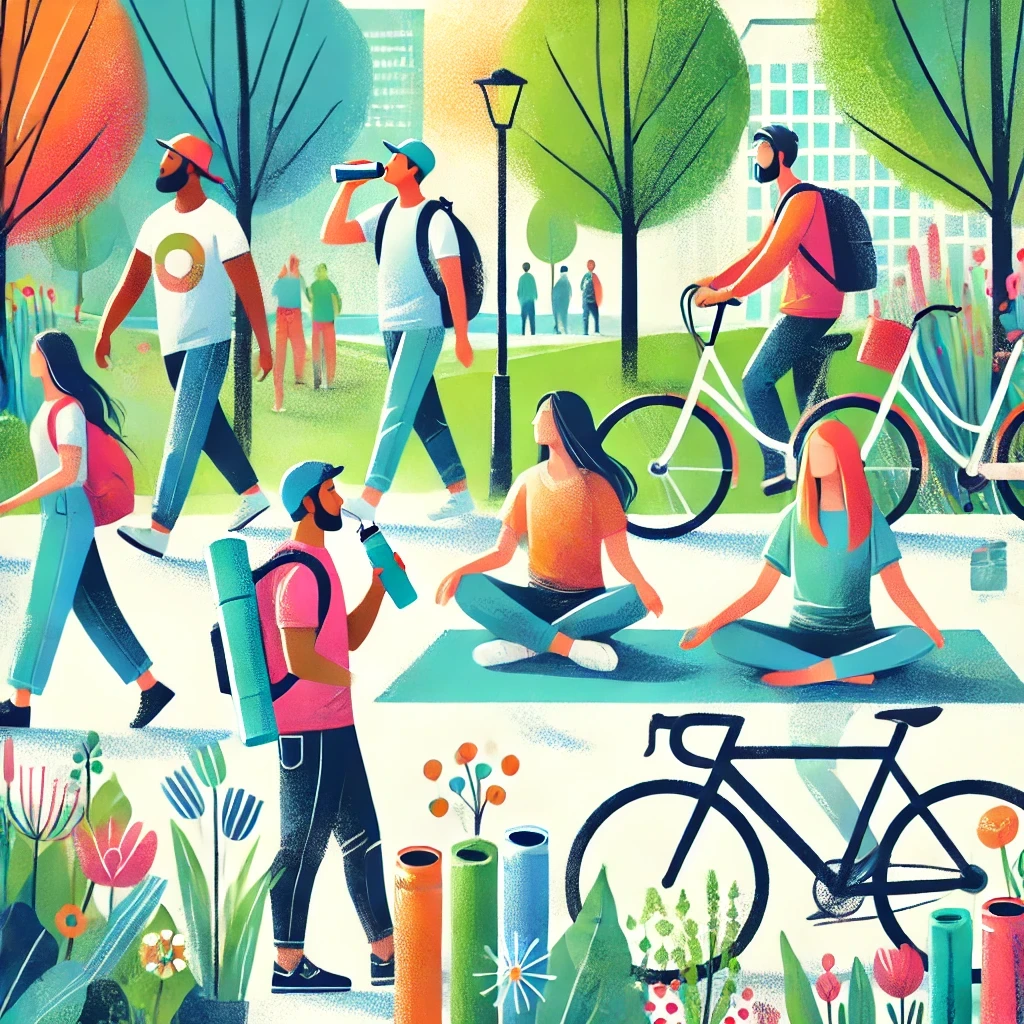Leadership In Student Affairs & Services: A Global Local Approach

IASAS & UMO CPD Programme 2026 – Now Open for Applications
UMO and the International Association of Student Affairs and Services (IASAS) are partnering to deliver the 2026 cohort of Leadership in Student Affairs and Services: A Global-Local Approach. This international online programme equips current and emerging SAS leaders with skills in strategy, management, cultural dexterity, and digital communication. Graduates receive an IASAS–Acreditta Digital Badge.
Why join
- Global perspective, local application for immediate impact in your institution.
- Practical leadership development across competencies and management.
- Internationally recognised certification via IASAS–Acreditta.
- Expert faculty and diverse cohort for learning and networking.
Programme at a glance
Dates: 26 February – 30 April 2026 | Delivery: Google Classroom | Certification: IASAS–Acreditta Digital Badge | Applications close: 19 February 2026
Modules and dates
- Leadership in Higher Education – Local and Global (Thu, 26 Feb 2026) – Evolving SAS leadership roles and using complexity to navigate challenges.
- Leadership and Cultural Dexterity (Thu, 5 Mar 2026) – Practical strategies for inclusive leadership in multicultural environments.
- Leadership Competencies (Thu, 12 Mar 2026) – Strategic thinking, emotional intelligence, decision-making; apply the Leadership Maturity Framework.
- Management and Administration (Thu, 19 Mar 2026) – Balance leadership vision with operational delivery.
- Management of Diverse Teams (Thu, 26 Mar 2026) – Inclusion, collaboration, and conflict resolution for high performance.
- SAS Functional Areas (Thu, 2 Apr 2026) – Overview of student administration systems across the lifecycle.
- SAS Theory (Thu, 9 Apr 2026) – Foundations: data models, workflows, compliance.
- SAS Practice (Thu, 16 Apr 2026) – Hands-on tools and scenarios to drive efficiency.
- Digital Communication and Impact (Thu, 23 Apr 2026) – Strengthen leadership presence and institutional engagement online.
- Personal Development Plan & Closure (Thu, 30 Apr 2026) – Build a tailored action plan for continued growth.
Who should apply
Student Affairs and Services professionals at mid- to senior-level, emerging leaders, and HR or staff development leads seeking international leadership insight. The programme welcomes participants from the UK, Europe, North America, Africa, Asia, Australia, and the Middle East.
Apply
Places are limited to maintain an interactive cohort experience.









